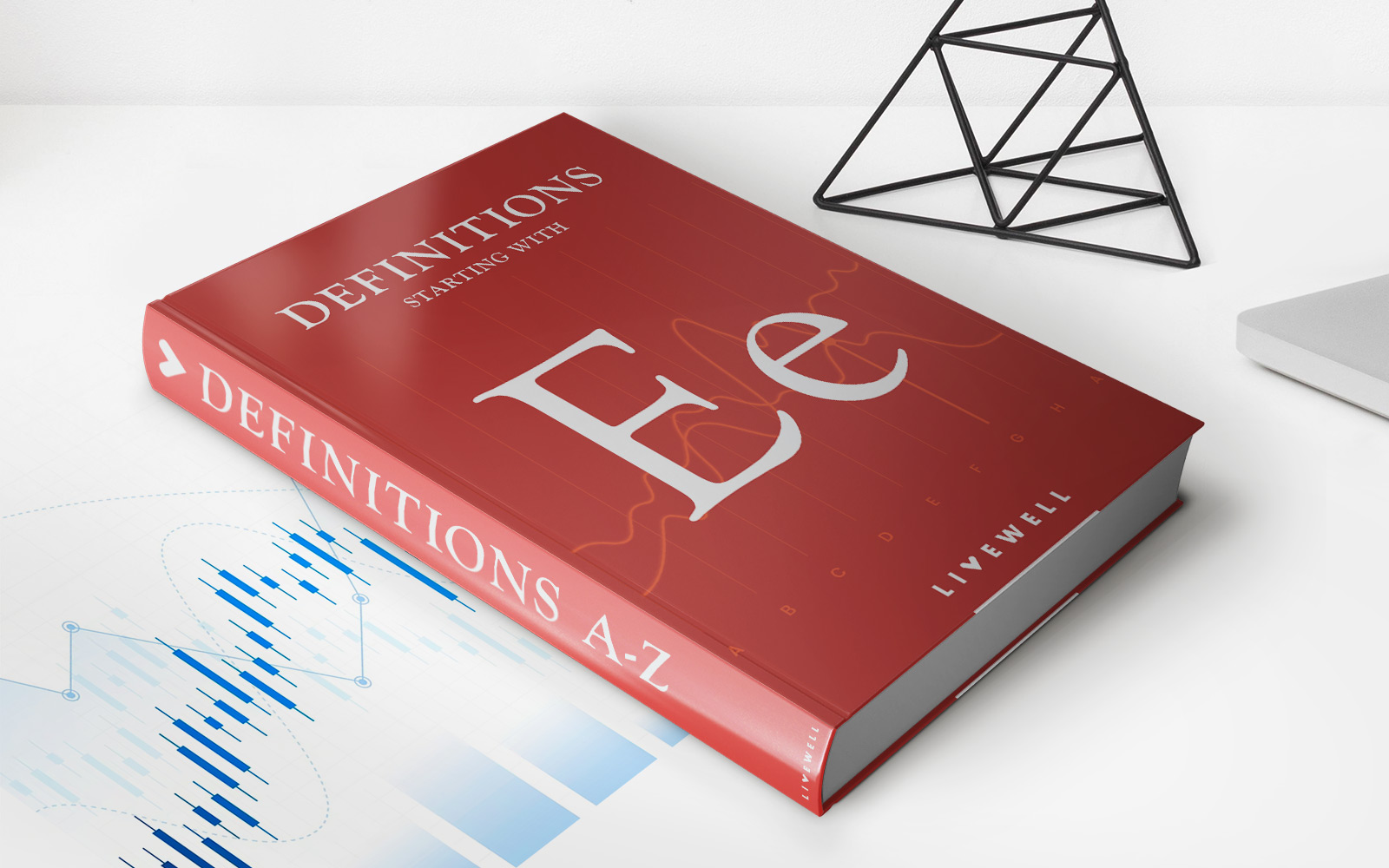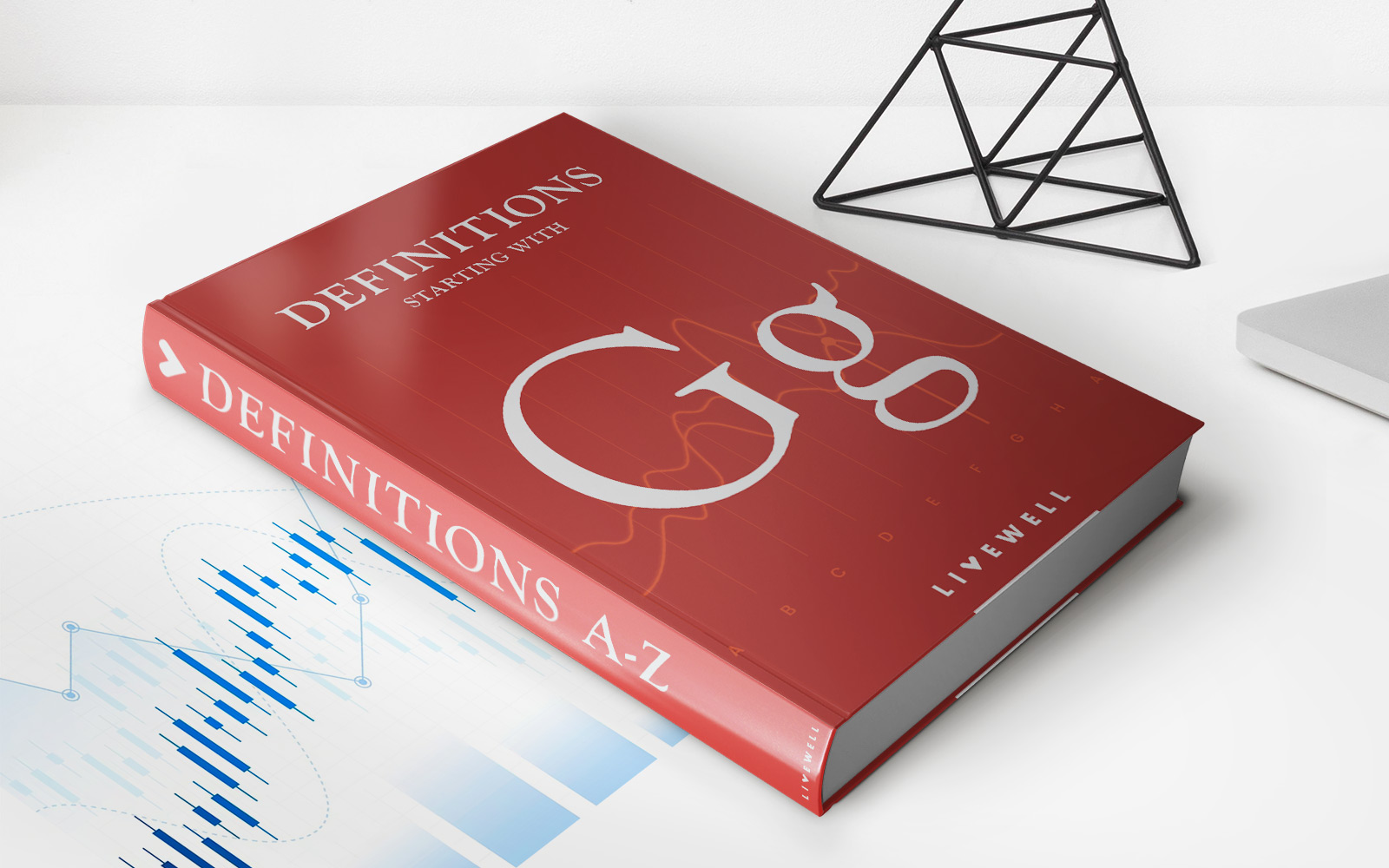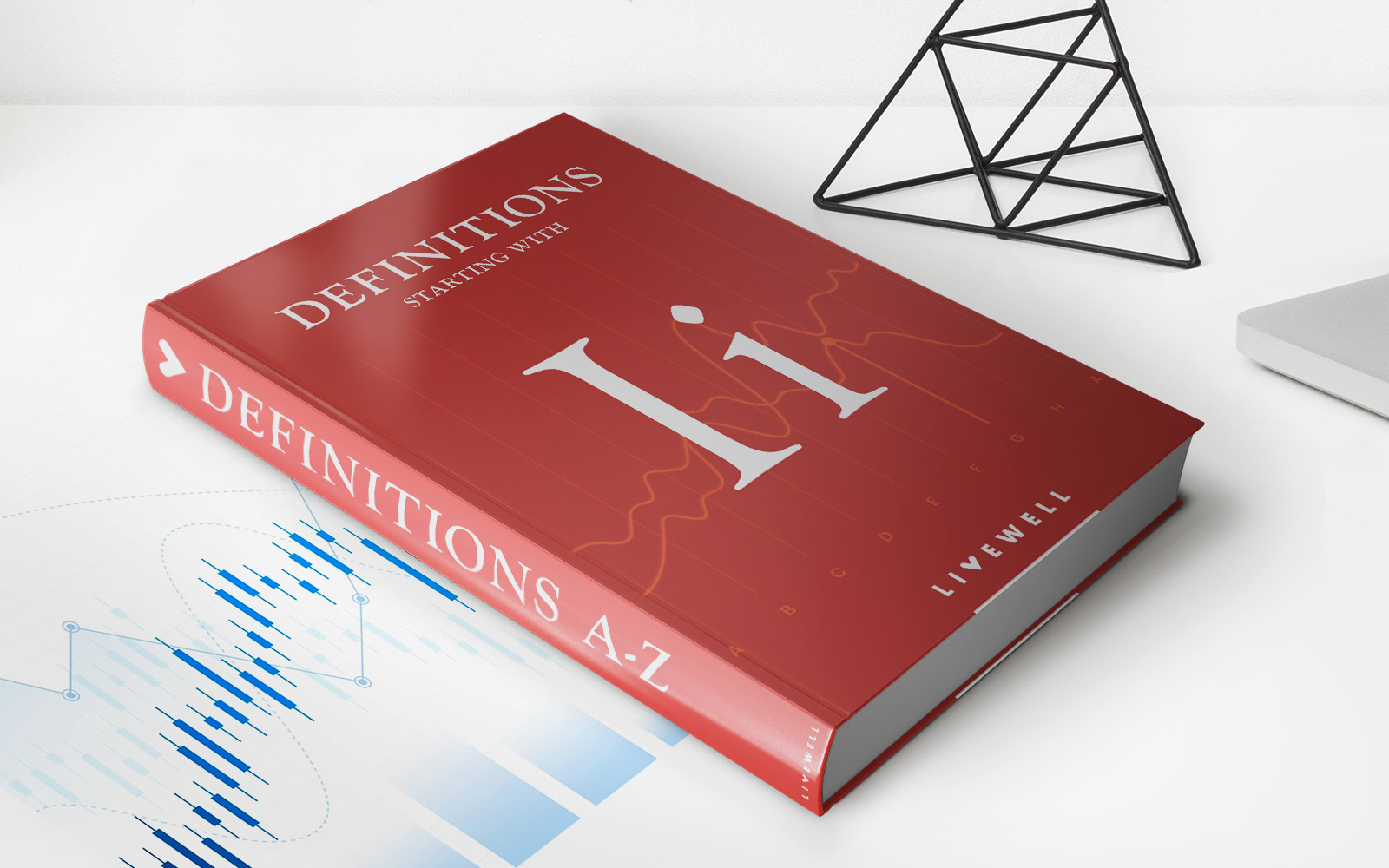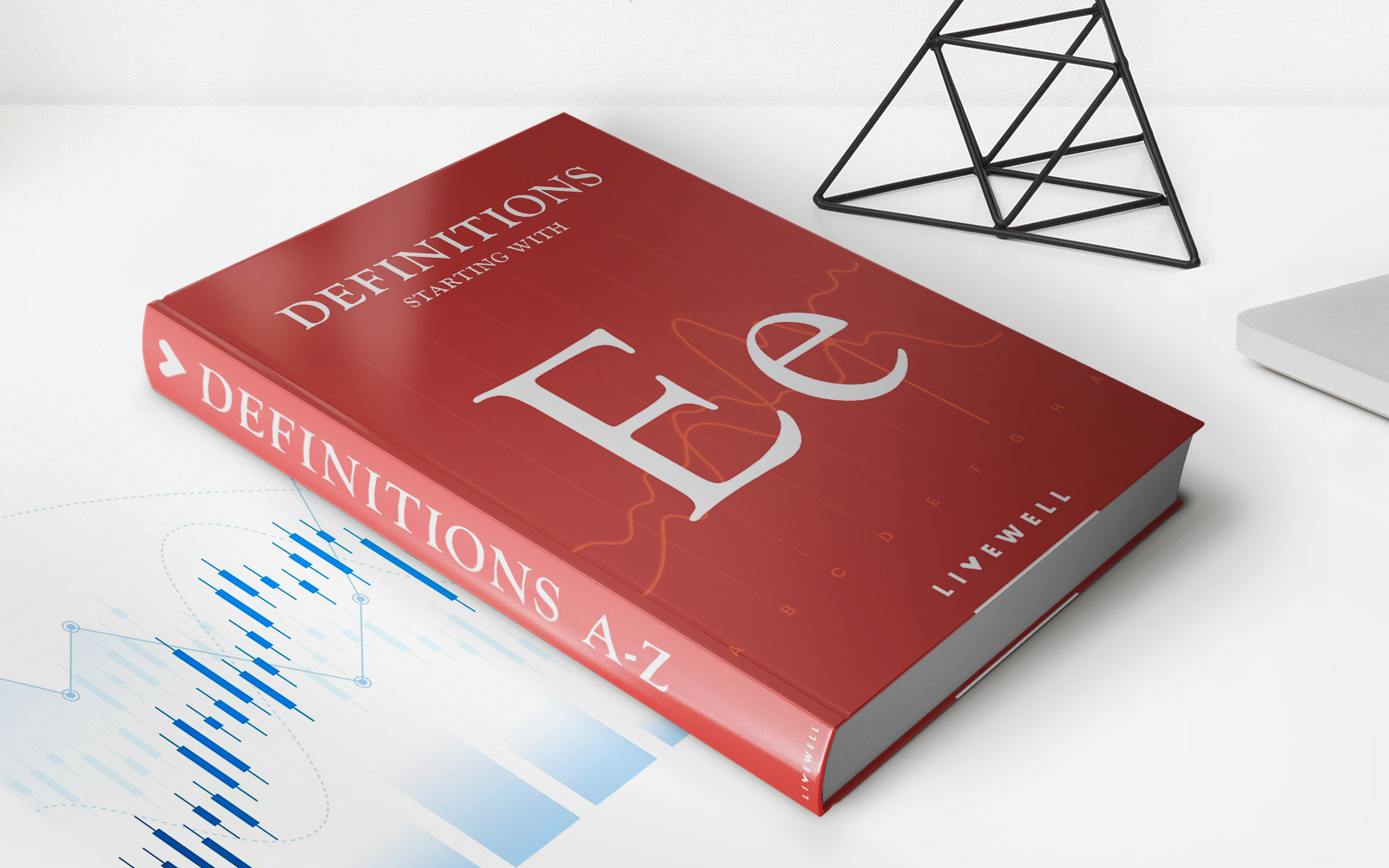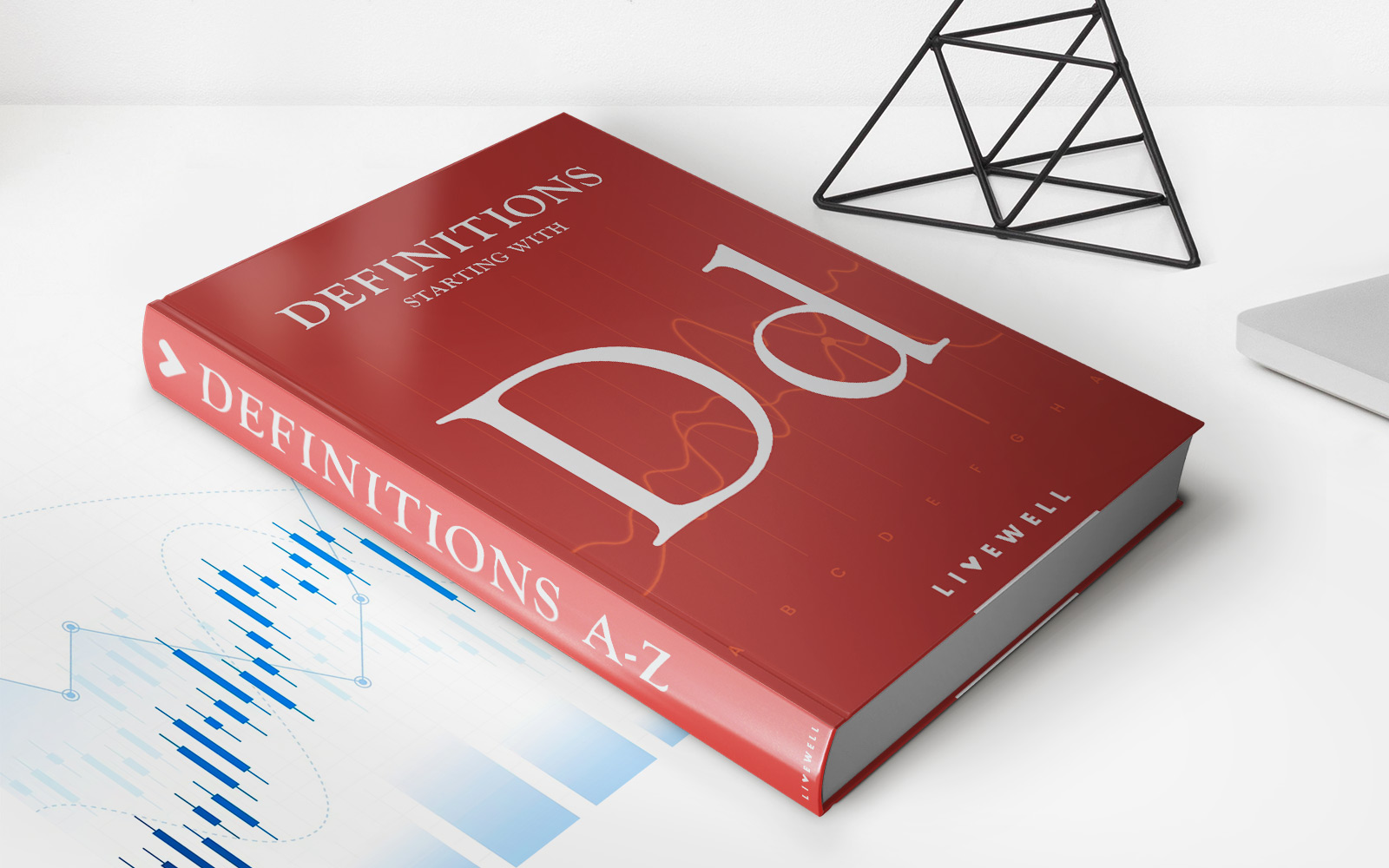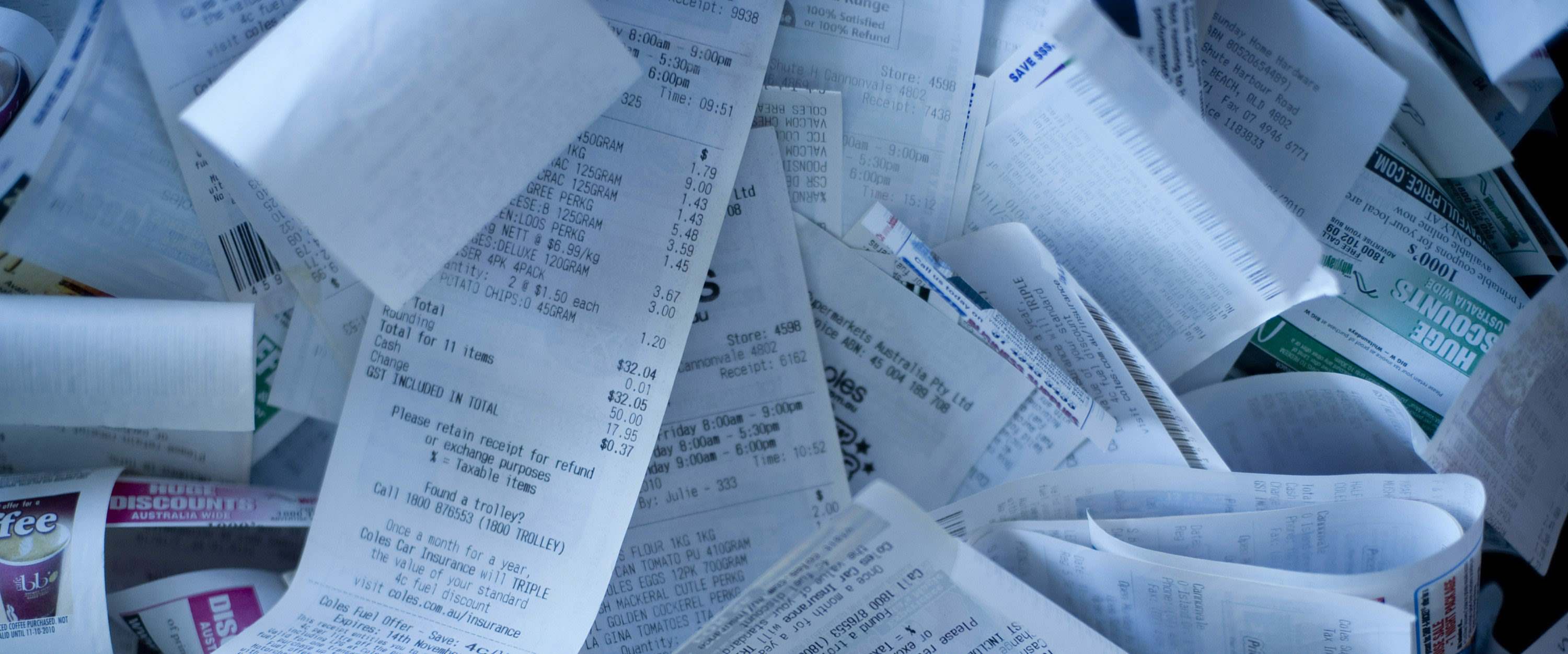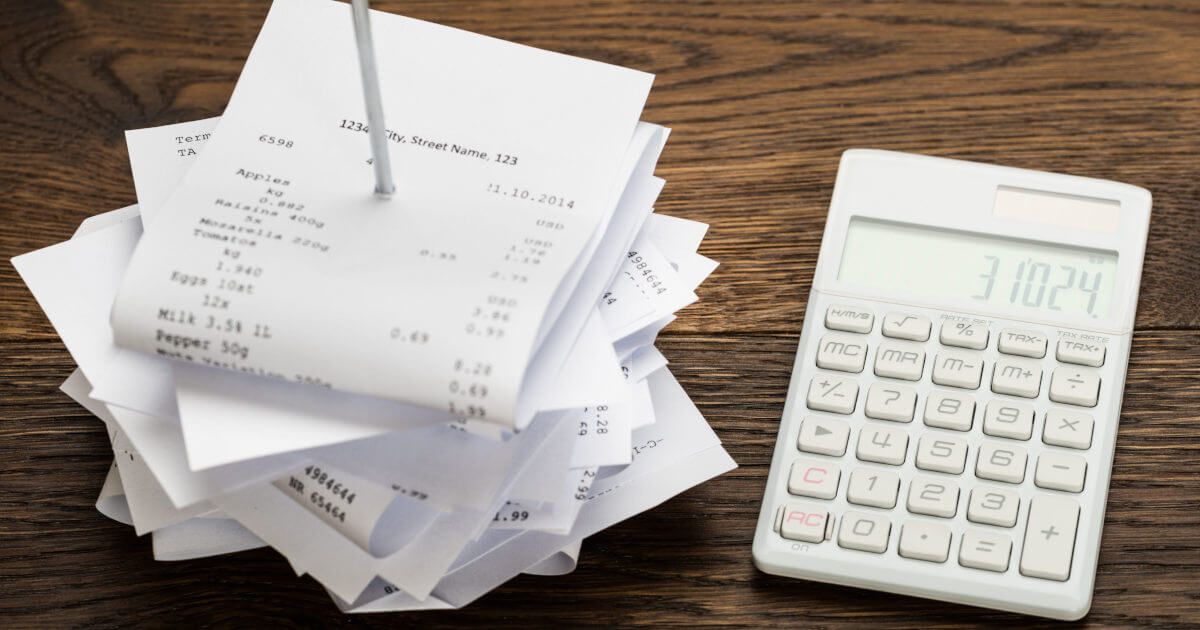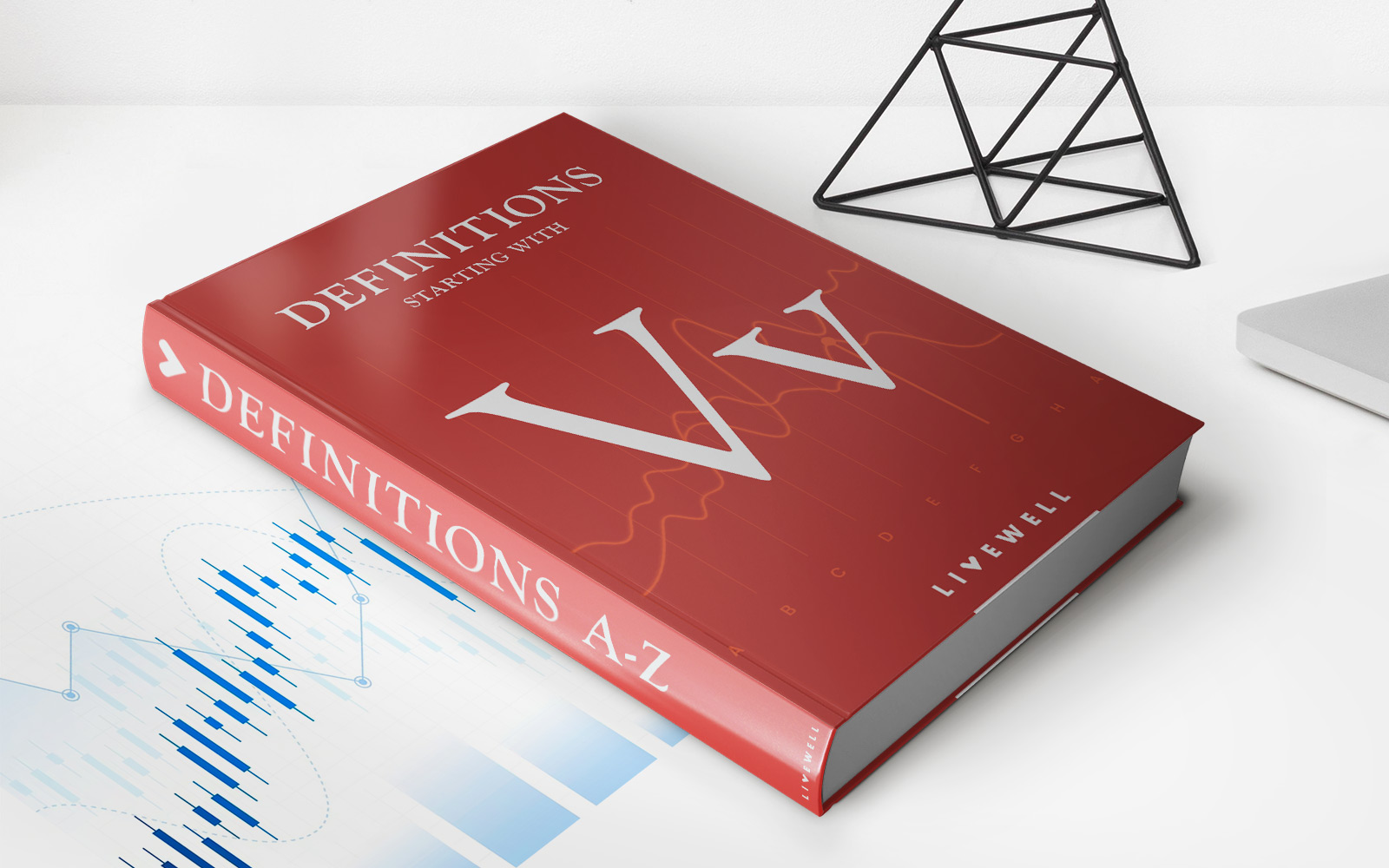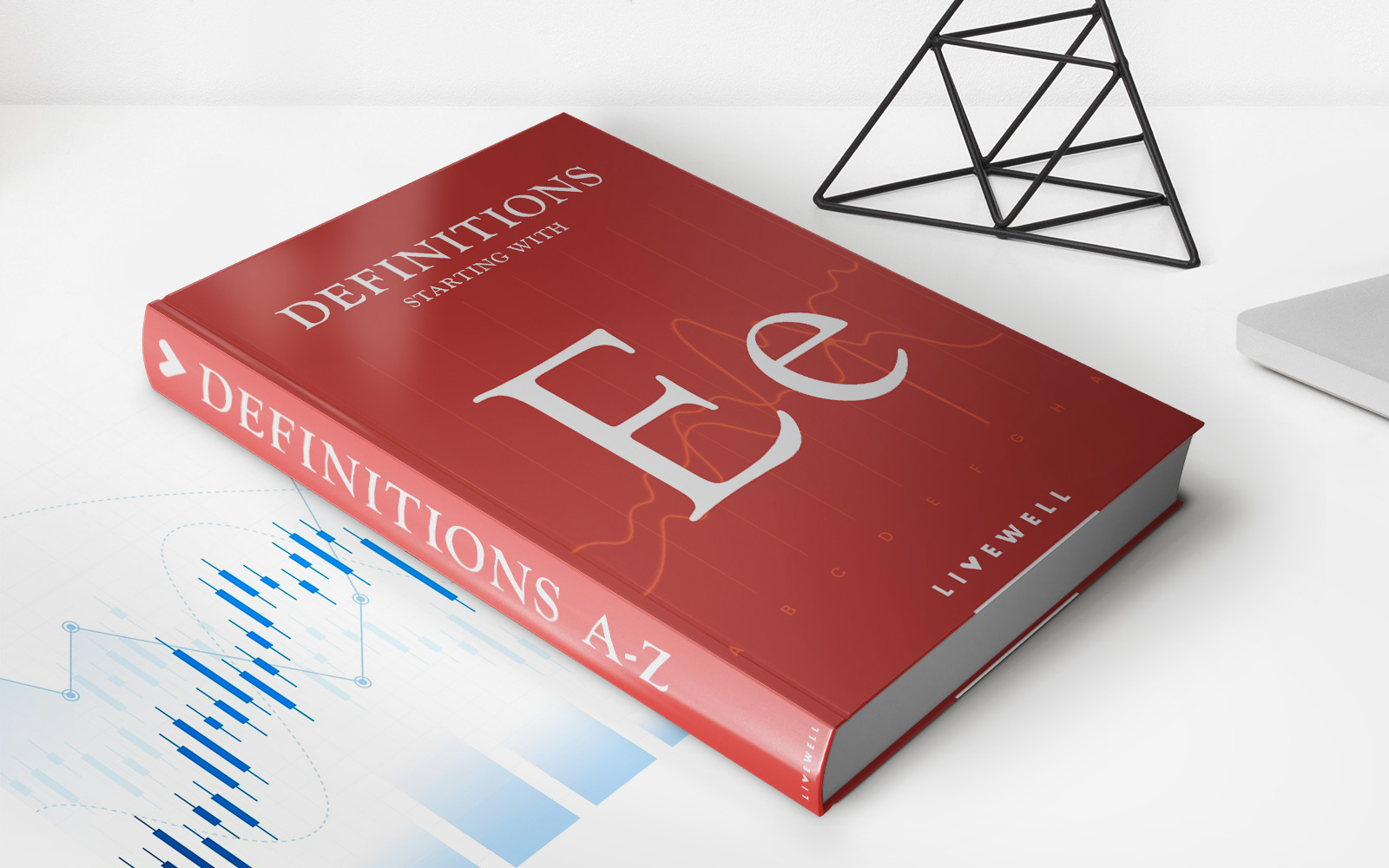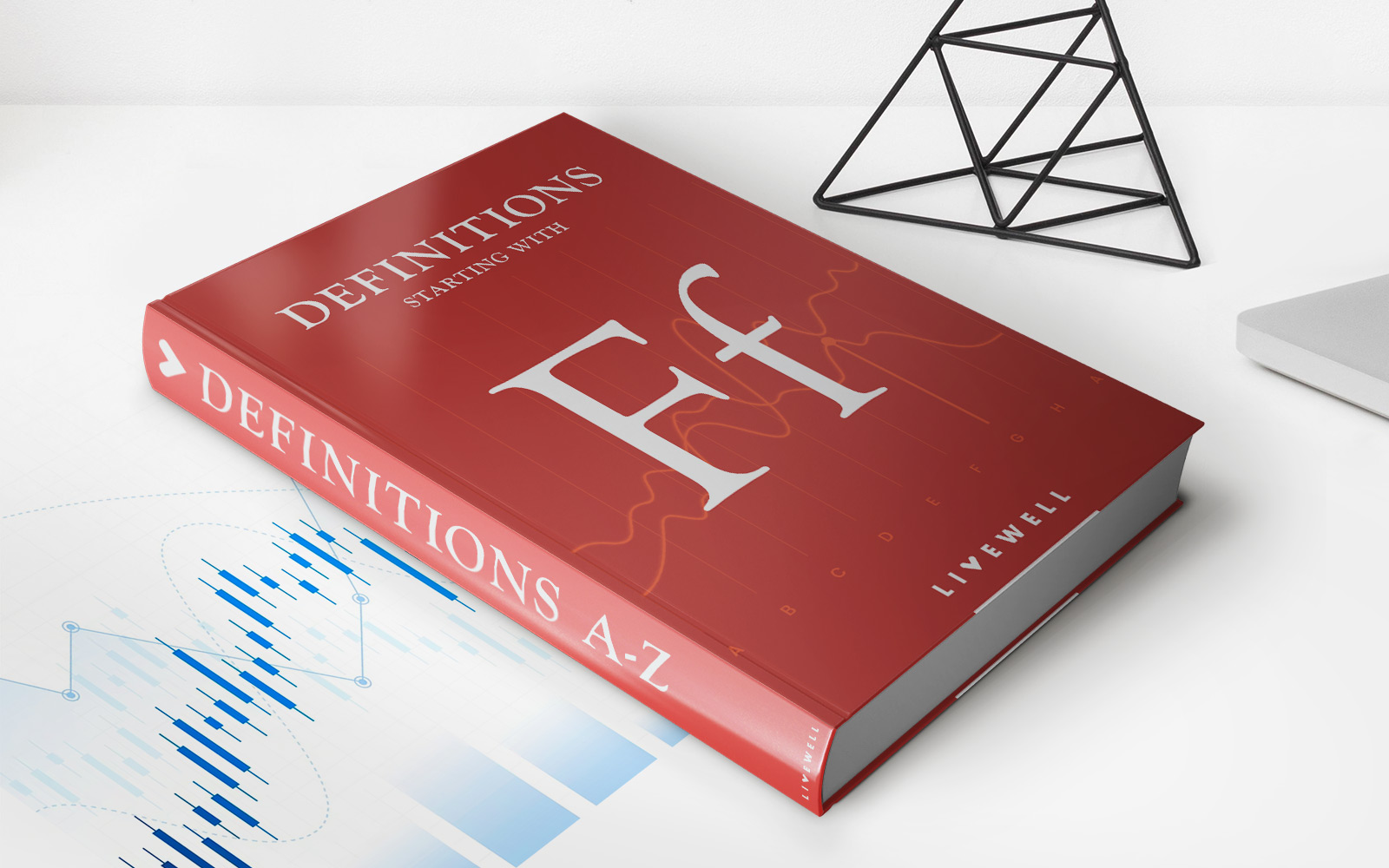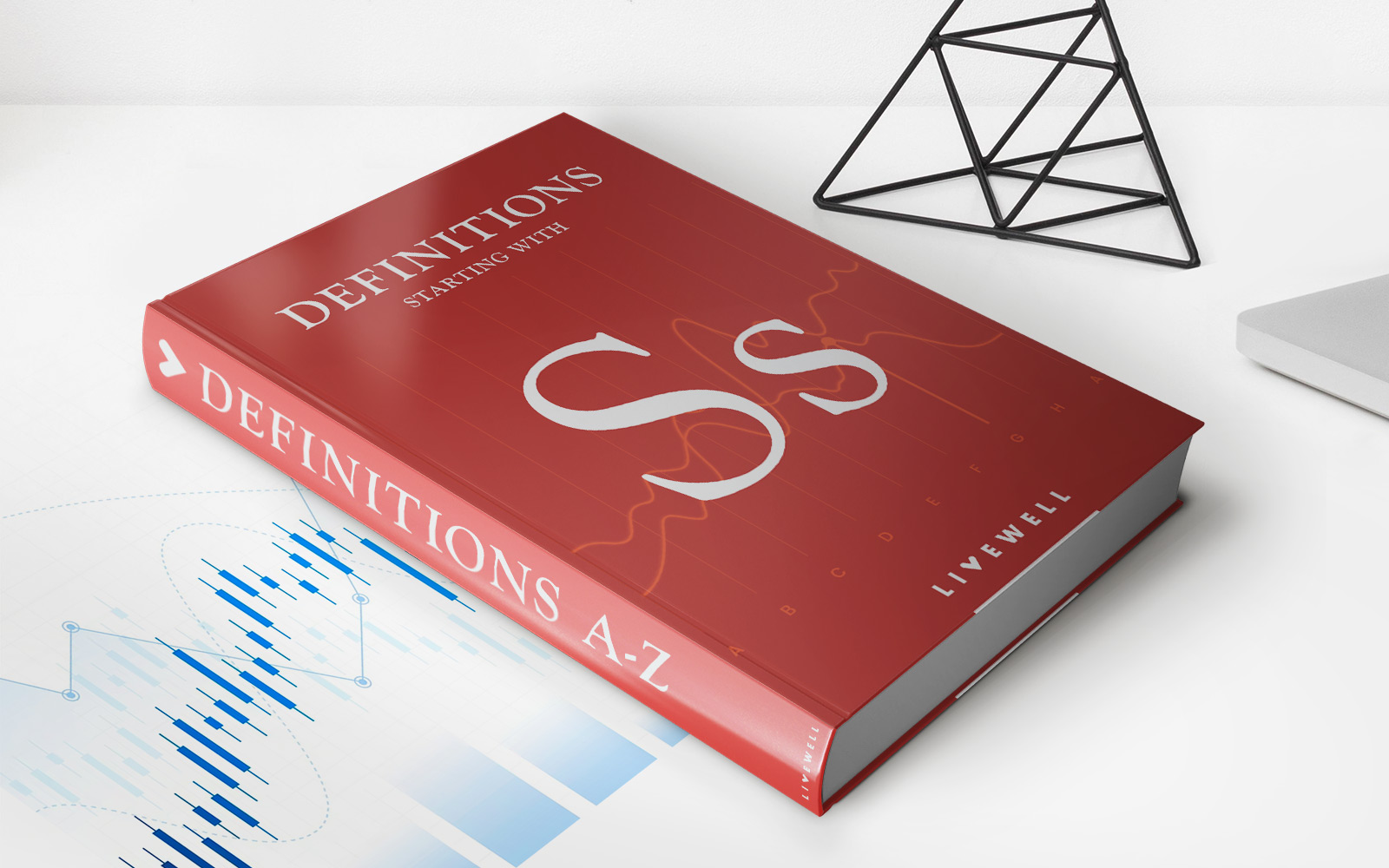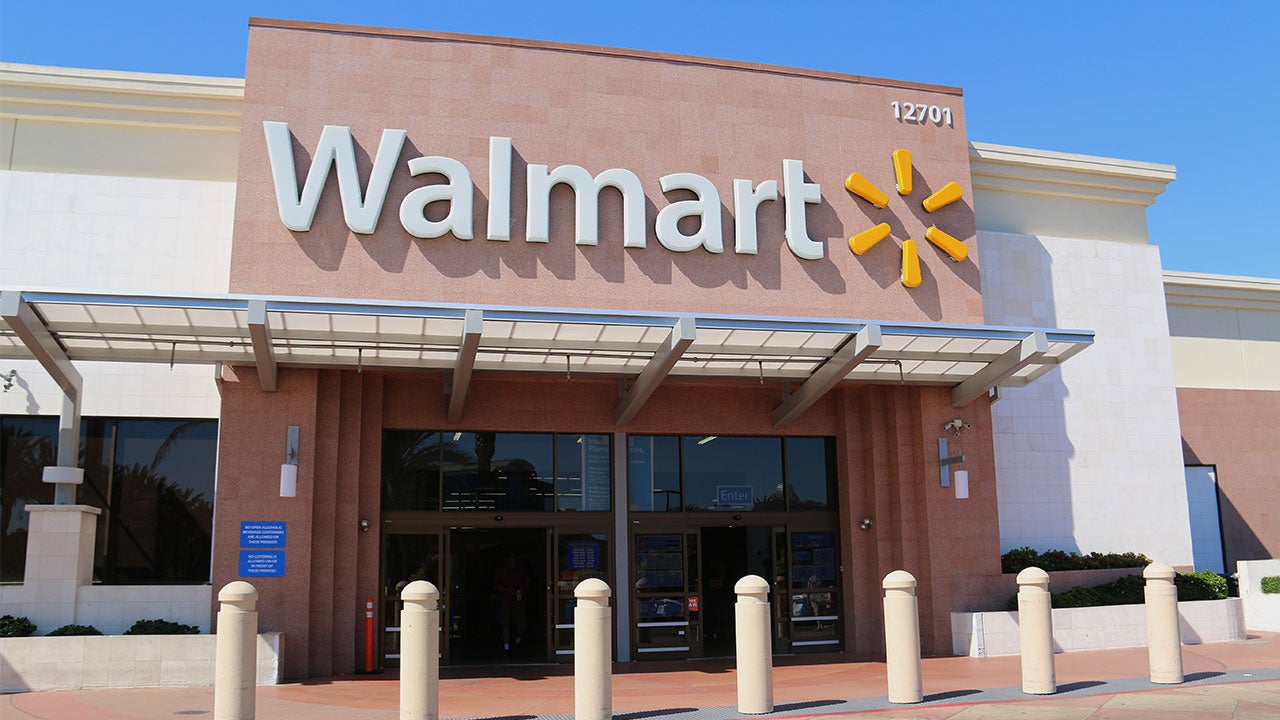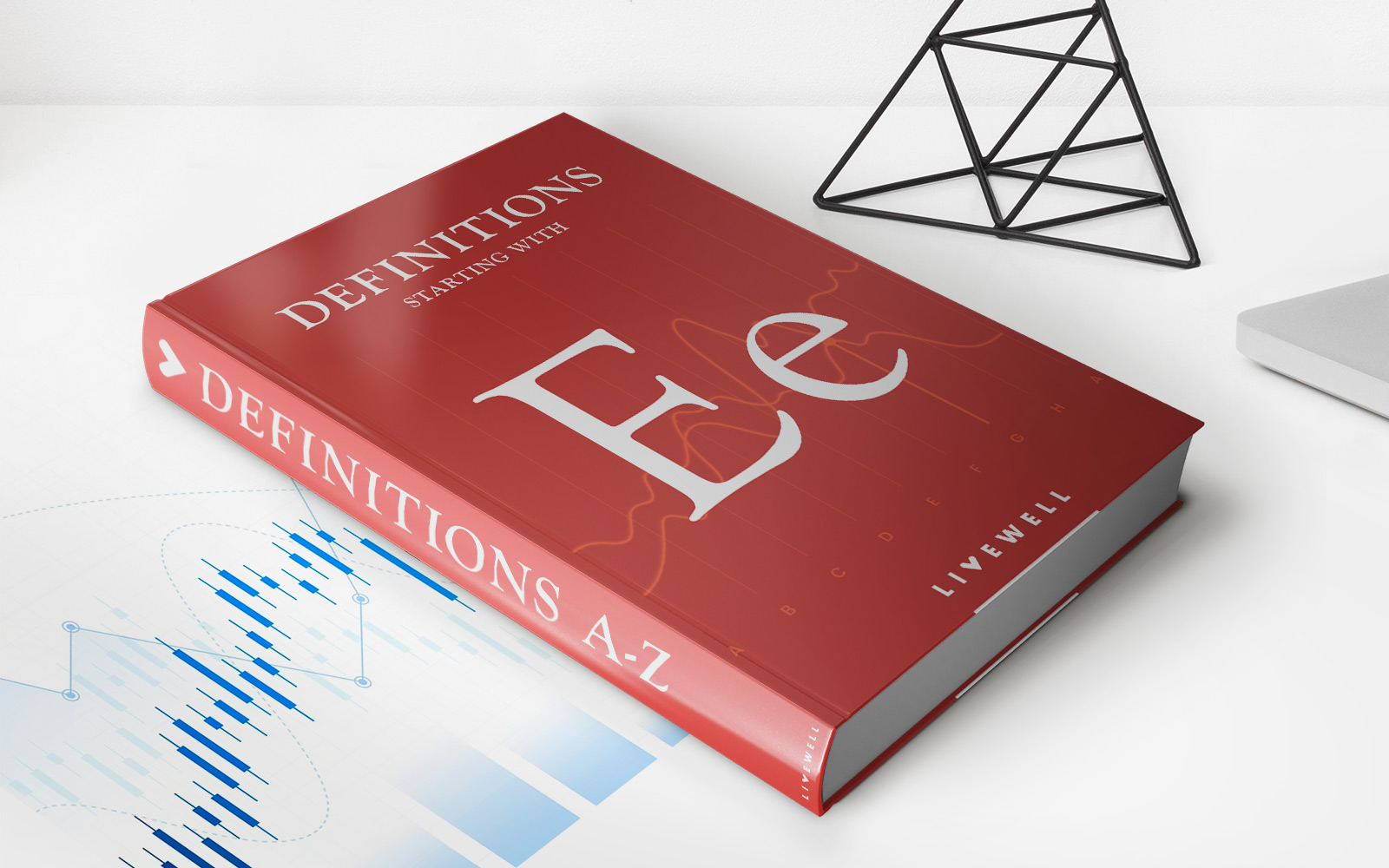

Finance
European Depositary Receipt (EDR) Definition
Published: November 19, 2023
Learn about European Depositary Receipt (EDR) and its definition in the world of finance. Gain insights into how EDRs impact global investment opportunities.
(Many of the links in this article redirect to a specific reviewed product. Your purchase of these products through affiliate links helps to generate commission for LiveWell, at no extra cost. Learn more)
What is European Depositary Receipt (EDR)?
Welcome to the Finance category of our blog! In this post, we will explore the fascinating world of European Depositary Receipts (EDRs). If you’ve ever wondered what an EDR is, how it works, and what its benefits are, you’ve come to the right place. So, let’s dive in and uncover the definition and key insights about EDRs!
Key Takeaways:
- EDRs provide investors with a convenient way to invest in non-European companies listed on foreign stock exchanges.
- They are issued by a European depositary bank and represent a specific number of shares in a foreign company.
But first, let’s start with the basics. A European Depositary Receipt (EDR) is a financial instrument that allows investors to buy and sell shares of non-European companies listed on foreign stock exchanges. Essentially, an EDR is a certificate issued by a European depositary bank that represents a specific number of shares in a foreign company. This means that investors can indirectly invest in international companies without having to directly purchase their shares.
Now that we understand the definition of EDRs, let’s explore some key advantages they offer:
Advantages of European Depositary Receipts:
- Diversification: EDRs allow investors to diversify their portfolios by investing in companies from different geographical locations. This diversification can help reduce risk and potentially enhance returns.
- Access and Convenience: EDRs provide investors with easy access to international markets and companies that they may otherwise not have been able to invest in. This accessibility is particularly beneficial for individual investors who do not have the resources to directly invest in foreign stocks.
In addition to the above advantages, European Depositary Receipts also offer other benefits, such as increased liquidity, transparency, and risk management. Overall, EDRs serve as a valuable tool for investors looking to broaden their investment horizons and tap into the global market.
To conclude, European Depositary Receipts (EDRs) are an innovative financial instrument that enables investors to indirectly invest in non-European companies listed on foreign stock exchanges. By issuing certificates that represent a specific number of shares in foreign companies, EDRs provide investors with diversification and easy access to international markets. So, whether you’re an individual investor or a seasoned professional, consider exploring the world of EDRs as a potential avenue for expanding your investment portfolio.
